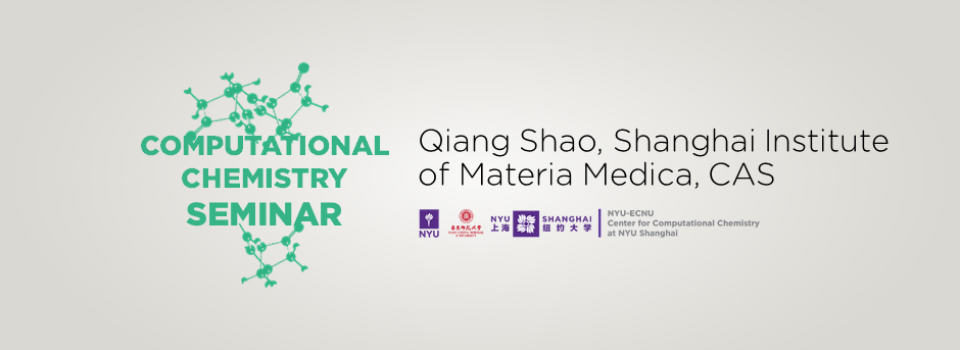
Proteins are inherently dynamic which display a broad range of structural dynamics in functional motions spanning from protein folding, allosteric regulation, to ligand binding, etc. These conformational transitions involve barrier-crossing transitions on the complex free-energy surfaces, which are difficult to sample in brute-force all-atom molecular dynamics (MD) simulations. Although the application of specialized computer hardware has extended the time scale of the MD simulations toward hundreds of microseconds or longer, efficient enhanced sampling algorithms are still useful to simulate biomolecular rare events, especially on general-purpose computers. To date, various types of enhanced sampling methods have been proposed that make efficient sampling on the conformational space via adjusting the potential energy surface by adding bias potential/force or with “tempering” based protocols. These methods have their own advantages but also disadvantages, e.g., some require the knowledge of the slowest motions to be explored to bias dynamics in a focused way (collective variables) which results in an inconvenient setup of enhanced MD explorations while the others require access to massive computational resources. We tried to develop multiple enhanced sampling methods that are hopefully to be set up without the requirement of much a priori knowledge and are computationally inexpensive. In this talk, I will summarize our works on the developed enhanced sampling methods and their applications in the theoretical investigation of protein folding and protein functional conformational changes.
Biography
Qiang Shao is currently an associate professor in Drug Discovery and Design Center (DDDC) in Shanghai Institute of Materia Medica, CAS. His research interests include: 1) the development of enhanced sampling molecular dynamics methodologies for biomolecular simulations; 2) the theoretical investigation of protein dynamic transitions including protein folding, protein conformational change, and protein-drug binding; 3) the solvation effects on protein folding and structure stability. Shao received a B.S. degree in chemical engineering from Nanjing University in 1999, a M.S. degree in polymer chemistry from College of William & Mary in 2004, and a Ph.D degree in physical chemistry from Texas A&M University in 2009. He worked as a postdoc in Prof. Yi-Qin Gao’s group in Department of Chemistry and Molecular Engineering of Peking University in 2010 and joined DDDC in Shanghai Institute of Materia Medica as an associate professor in 2011.
Bi-Weekly Seminar Series by the NYU-ECNU Center for Computational Chemistry at NYU Shanghai


